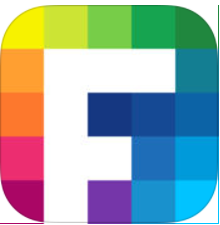Individuals lack oversight over systems that process their data. This can lead to discrimination and hidden biases that are hard to uncover. Recent data protection legislation tries to tackle these issues, but it is inadequate. It does not prevent data misusage while stifling sensible use cases for data. We think the conflict between data protection and increasingly data-based systems should be solved differently. When access to data is given, all usages should be made transparent to the data subjects. This enables their data sovereignty, allowing individuals to benefit from sensible data usage while addressing potentially harmful consequences of data misusage. We contribute to this with a technical concept and an empirical evaluation. First, we conceptualize a transparency framework for software design, incorporating research on user trust and experience. Second, we instantiate and empirically evaluate the framework in a focus group study over three months, centering on the user perspective. Our transparency framework enables developing software that incorporates transparency in its design. The evaluation shows that it satisfies usability and trustworthiness requirements. The provided transparency is experienced as beneficial and participants feel empowered by it. This shows that our framework enables Trustworthy Transparency by Design.
翻译:暂无翻译




